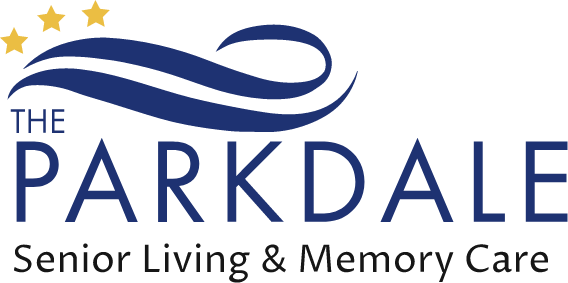Music is one of life’s greatest gifts. Not only is it fun and uplifting, it even has the ability to help transport you back to a different point in time. Do you have a favorite song that takes you back to your high school prom? Or what about the song you danced to at your wedding? A favorite tune you love to sing while you do chores around the house? We all have a favorite we know and love, and it can be important to us for a variety of reasons.
That being said, music can also be quite a powerful tool, especially for those living in one of the memory care facilities in Michigan. So powerful, in fact, it can actually help those who suffer from Alzheimer’s or dementia.
So how exactly can music therapy be beneficial for seniors who live in memory care communities? Keep reading to learn more!
The Benefits of Music Therapy
Unfortunately, there is no cure for Alzheimer’s disease or dementia. However, there are things that we can do to make these symptoms more manageable. While diet, exercise, and brain-boosting activities like Sudoku and crossword puzzles might be what comes to mind initially, music certainly belongs on that list as well. Let’s explore why that is!
1.) Stimulation for the Mind
Did you know that music actually affects the same portion of the brain as language, movement, and mood? And depending on what you are doing with music, it actually influences different sides of the brain. For example, singing stimulates the left side while listening to music stimulates the right. If you attend a live performance or watch a concert on TV, you are also engaging your vision into the mix as well. Impressive!
If you or a senior loved one struggles with memory loss or dementia, music can actually help access the undamaged portions of the brain. For many people who are withdrawn or struggle to communicate, music actually helps them do so, and may even make them more talkative and engaged.
2.) Mood Regulation
One of the more common symptoms of Alzheimer’s disease is irritation or mood swings. This can occur when the patient falls under too much stress, gets confused, or is attempting to communicate but is struggling to do so. These things would certainly frustrate just about anyone. However, one great solution to this is actually music! Music can be very calming and soothing, helping both caregiver and patient manage the situation better.
When used appropriately, it can help provide peace to a situation. Think about other times music helps set the tone: playing something upbeat while running at the gym, listening to soothing flute music during a massage, or playing your best sing-along anthems during a road trip. Music can enhance the environment and influence mood, and it is no different when it comes to helping the seniors who live in memory care facilities in Michigan.
3.) Encourages Socialization
Across all cultures and customs, music is a staple for celebrations. Weddings, birthdays, cookouts, holiday parties – they all feature three main elements: food, fellowship, and good music. Nothing brings people together quite like these things. This still rings true for seniors as well!
Unfortunately, however, for many at the later stages of Alzheimer’s disease, they may begin to isolate or disconnect from their surroundings. Music can help bridge this gap, and draw seniors out of their shell once again. Try sitting down with your senior loved one and listening to some of their favorite songs together and make note of which tracks seem to make them light up the most.
Or, if they’re a resident at one of the memory care facilities in Michigan, play music for a small group and pay attention to how it connects them, encouraging them to socialize and engage with others. Plus, according to a study, researchers found that Alzheimer’s patients who were exposed to music actually increased eye contact as well as physical touch, including giving hugs or wanting to dance together.

4.) Aid in Memory Recall
Listening to music actually takes little to no processing power within the brain. Thanks to this, it can actually be very helpful for residents in memory care communities, as it can help patients draw connections. This is especially true if you put on music from the senior’s youth. Many can even recall memories from times where they listened to that particular song or artist, and may even clap or sing along.
Not only that, but during the early stages of Alzheimer’s disease, playing music while doing a task can help the senior remember the task as their condition progresses and worsens. Many often find that with enough repetition, once that same song begins to play, they can recall and perform the task or activity that they associate with the music.
Memory Care in Michigan
If you have a senior loved one who has been diagnosed with Alzheimer’s or dementia, you know how difficult it can be. And while there is no cure, finding things along the way that can help alleviate the symptoms feels like a big victory. Music is extremely accessible – on the radio, cable channels dedicated to specific genres, watching videos on YouTube, or the wealth of songs archived on apps like Spotify or Apple Music. Thankfully, it is now easier than ever to get your senior set up with music they love.
Here at The Parkdale, we recognize that music is one of the many enriching and beneficial activities that can help seniors across all walks of life. That is why we do our best to offer a diverse activity calendar that is focused on keeping our residents entertained and engaged. From cooking classes to musical performances, we want to give your loved one the absolute best that they deserve.
For more information about our memory care community, or to request specific information for your loved one, contact us today. We want to be their next home away from home and provide a place where they can feel safe, welcome, and cared for.



